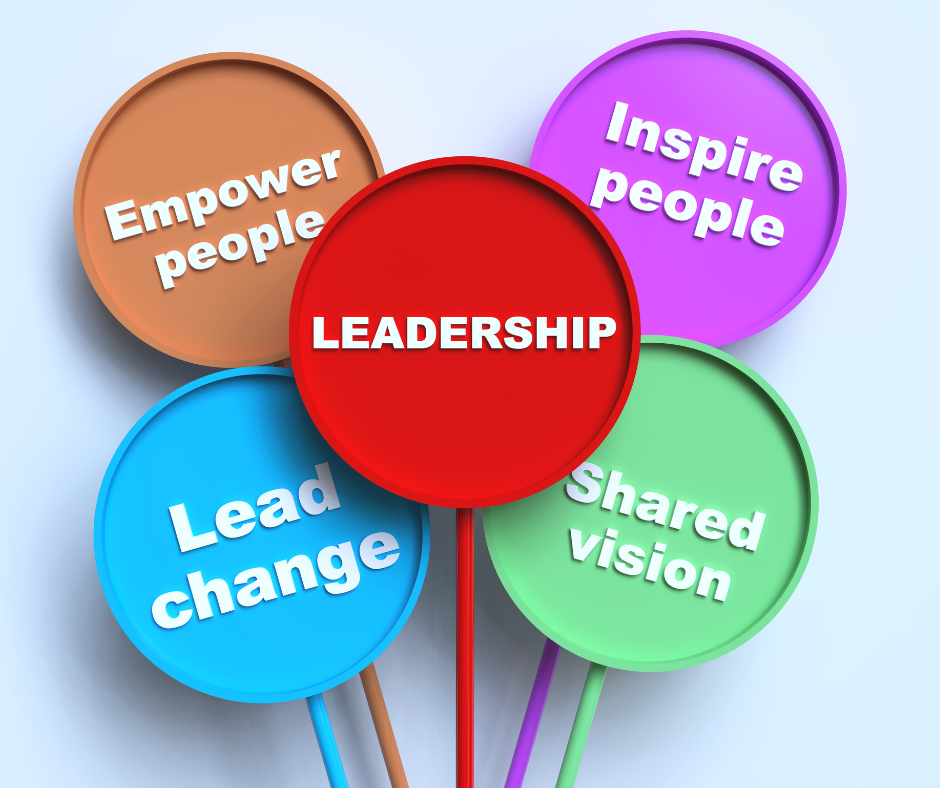What are the Key Traits of a Successful Leader?
Over the years, I have noticed several key traits that always seem to accompany a successful leader – no matter where they go.
No matter what organization they lead, these people effectively convey the story – the organization’s narrative with a compelling vision. They demonstrate respect by example, work on self-awareness, and are always learning.
The result is a team culture where the work is rooted in openness, honesty, and ultimately productivity.
Telling the story
Today’s successful leaders understand the power of the story – the “why?” behind the idea. We all know the tale’s power: the story behind a company’s journey, what it has gone through, and where it is going. The narrative educates, informs, and inspires. People (employees) become not only the listeners of a tale but also the active characters who aid the storyline into the future.
A well-articulated vision builds loyalty and motivates entire teams to pool their resources and “do better” – to “be the best”. To reach for the common organizational goal.
Suggested reading: Building a StoryBrand: Clarify Your Message So Customers Will Listen by Donald Miller
Being self-aware
Most successful leaders have honed their ability to recognize themselves as individuals who can be separated from their environment. They understand that their identity is not the crowd around them or their particular circumstance.
This is the beginning of the ability to self-reflect.
That said, self-reflection is only as good and beneficial as the objective behind it.
Self-reflection with a purpose
A leader reflects with purpose in mind. They adopt a strategy with clear objectives for themself and their organization. Self-reflection is a healthy combination of noticing what happened in the past and why – and, likewise, forecasting a desired future.
Suggested Reading: Emotional Intelligence 2.0 by Travis Bradberry and Jean Greaves
Civility and Respect
Successful leaders lead by example. They set the tone. Civil and respectful interactions between leaders and colleagues benefit an organization. You can recognize the outcome in the organizational culture and employee satisfaction levels.
I’ve mentioned on several occasions the benefits of civility in any workplace:
- High levels of company morale
- Resilience and cohesive teams
- Consistent levels of productivity
- Greater sense of job satisfaction
- Increased collaboration
- Low turnover and absenteeism
Suggested reading: The Cost of Bad Behavior: How Incivility Is Damaging Your Business and What to Do About by Christine Pearson and Christine Porath
Continuous Learning
Professional development means developing professional knowledge and skills through independent, participation-based, or interactive learning. The benefits speak for themselves.
Successful organizational leaders stay up-to-date with the latest trends and acquire new skills to manage their teams. Everyone enjoys a boost of self-confidence with newly refined skills.
Knowing how to create solid, resilient teams is usually not a natural ability we are born with. Leaders must participate in hands-on, focused activities that equip them with the tools to help nurture and motivate employees.
Running an organization or department while simultaneously bringing out the best qualities in individuals is no walk in the park. Honing and improving your ability to inspire an entire team is a skill you must refine regularly, if not reassess.
I recommend developing a leadership library, open and available to all, as a great start!






